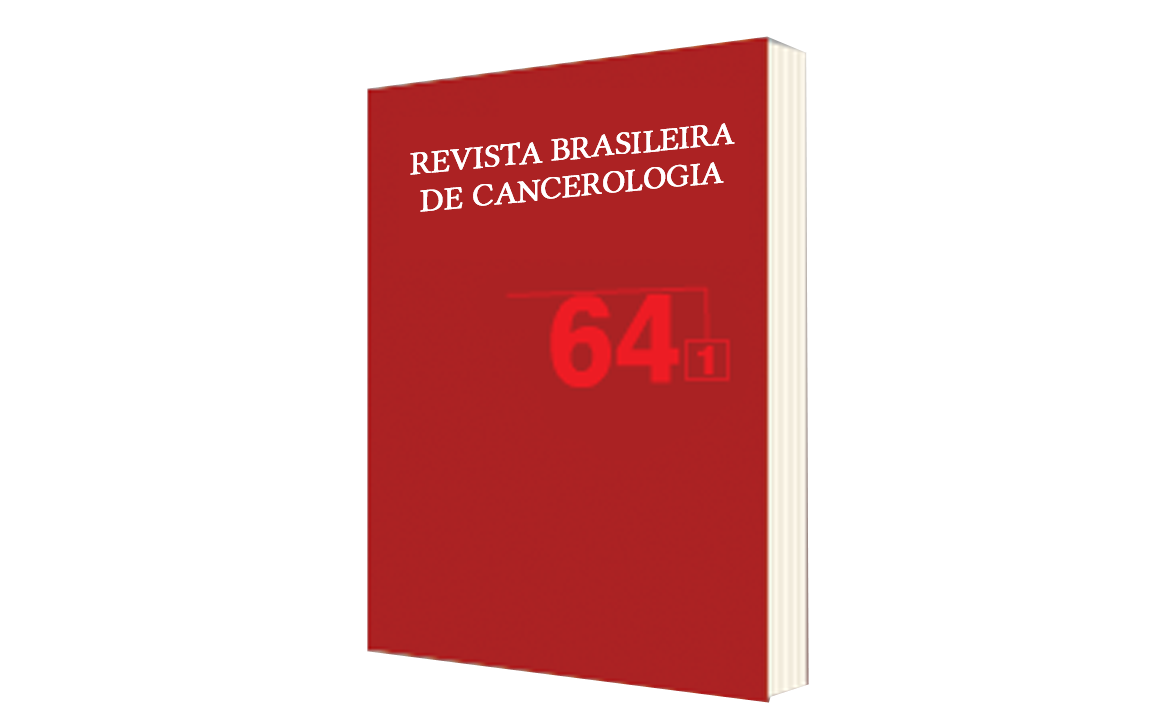Quality of Life Related to Health and Spirituality in Individuals with Cancer
DOI:
https://doi.org/10.32635/2176-9745.RBC.2018v64n1.106Keywords:
Neoplasms, Quality of Life, Spirituality, Primary Health CareAbstract
Introduction: The spirituality/religiosity/personal beliefs domain of health-related quality of life is a highly useful resource for individuals who are coping with cancer. Objective: To assess health-related quality of life and spirituality in individuals with cancer followed via the primary health care system in the city of lagarto, Brazil. Method: This was a cross-sectional, exploratory, quantitative study involving descriptive and analytical approaches. Data were collected through interviews conducted between March to December 2017 with individuals diagnosed with cancer at the primary health care clinics and in the homes of the participants in the city of lagarto. The instruments used were a custom questionnaire (to collect sociodemographic and clinical data), 30-item Core version of the EORTC QLQ-C30 and the WHOQOL-SRPB questionnaires. Results: The study sample comprised 42 cancer people, with no significant differences between men and women. There was predominance of elderly, biracial, married, and retired individuals, as well as of individuals who had < 9 years of schooling, were Catholic, and lived in an urban area. The most commonly reported cancers were those of the prostate, breast and skin. The participants presented a satisfactory mean EORTC QlQ-C30 HRQol score (62.10), a positive response related to the connection with a higher power, and an influence of faith on coping with adverse life situations (mean score for the WHOQOl-SRPB faith facet, 17.49). Conclusion: HRQol and spirituality can create the conditions necessary for better coping, for minimizing the repercussions of cancer and for improving knowledge to aid health professionals.









